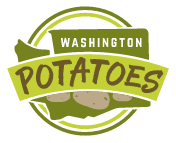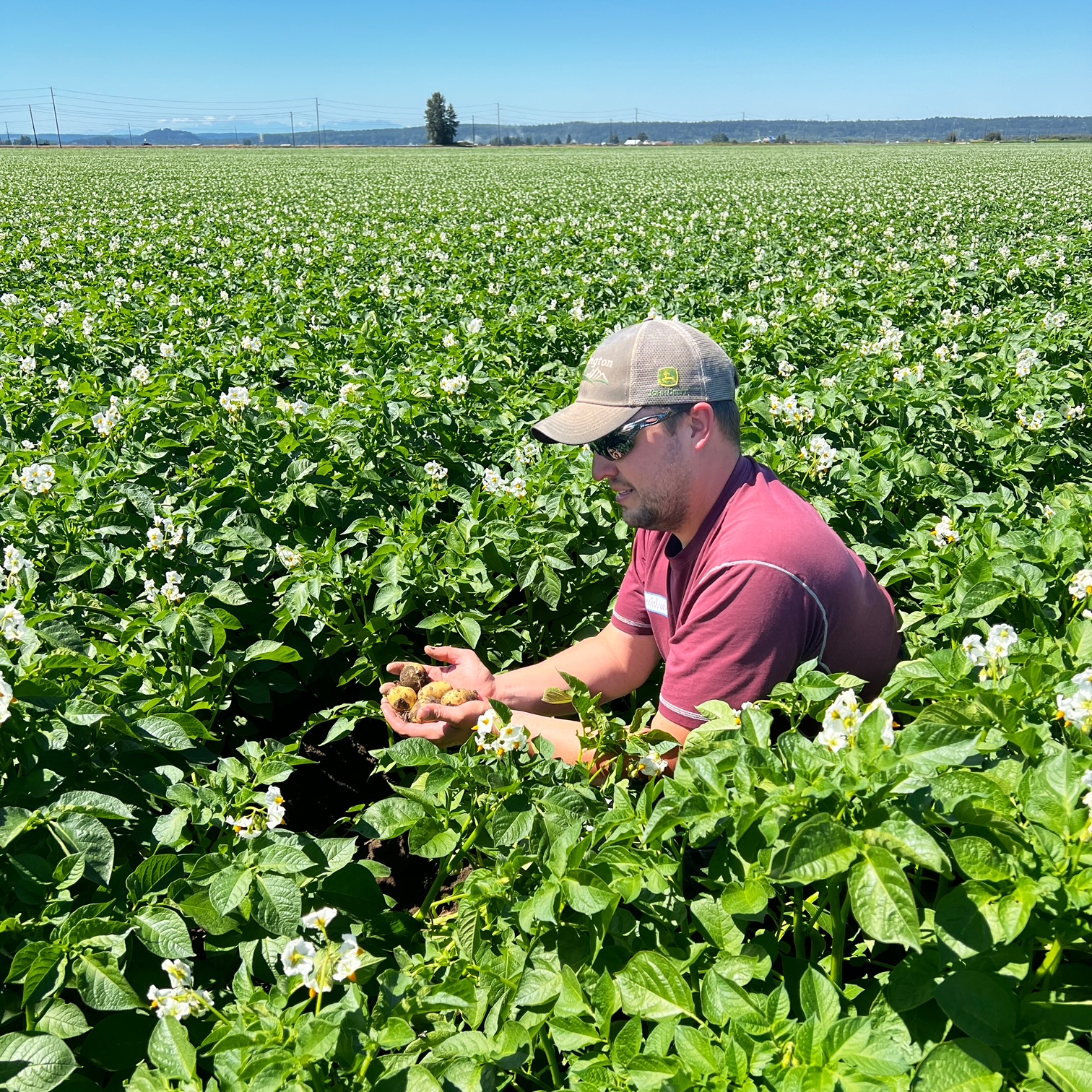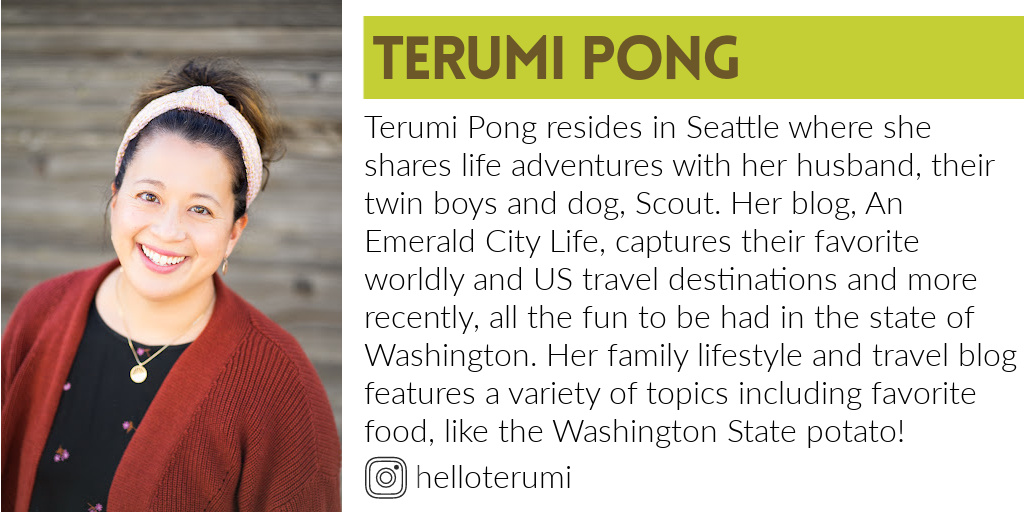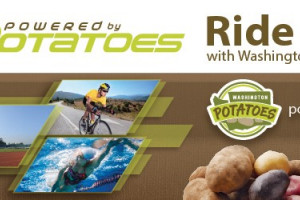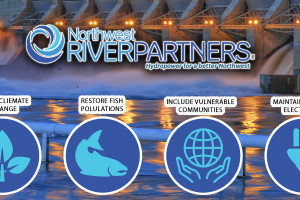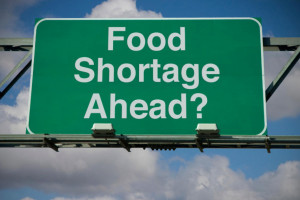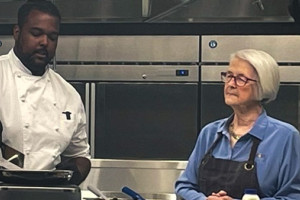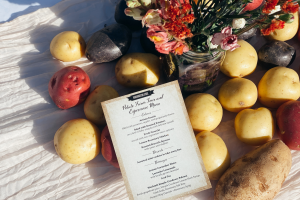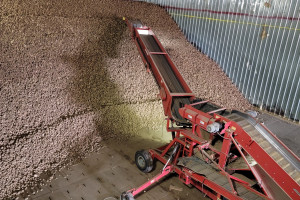Learning about how we all can benefit so much from multigenerational potato farming in Washington's Skagit Valley
If you've ever headed up to Vancouver, British Columbia from Seattle like my family does often to see our relatives, it's likely that you've taken the I-5 that winds through field upon field through the Skagit Valley. The Skagit Valley is a region known for its fertile soil and is also very famous for spring tulip festivals. On a sunny day in July, I was invited by Washington Potatoes to visit the area to learn about the potatoes that also grow in the Skagit Valley on family farms that have been there for over a hundred years.
About an hour and a half drive from Seattle, I arrived at my designation and a farmer in a big truck waved my SUV to follow him off-road to park on a grassy knoll on the beautiful Knutzen family farm where I knew I was in for an adventure unlike the days I usually spend in the city. Along with a group of other writers and influencers, I was going to meet with some local growers whose families have been farming potatoes for 5 and 6 generations. We were going to check out their farms and learn about potatoes in the area and how their families have adapted to farming over not just one but multiple generations.
After devouring a delicious breakfast burrito (from Skagit Landing, a local restaurant near the Skagit Airport and yes, this burrito was full of potatoes too) we headed out in small groups each led by a farmer where we got to tour their farm. My group was lucky enough to ride in the Washington Potatoes vehicle and we headed with Michael Hughes to his family's farm. Michael pointed out some potato fields and I couldn't believe how beautiful the potato flower is-we saw white flowers and purple flowers and the potatoes that we eat are the roots of these flowers. Michael even dug some up for us to see.
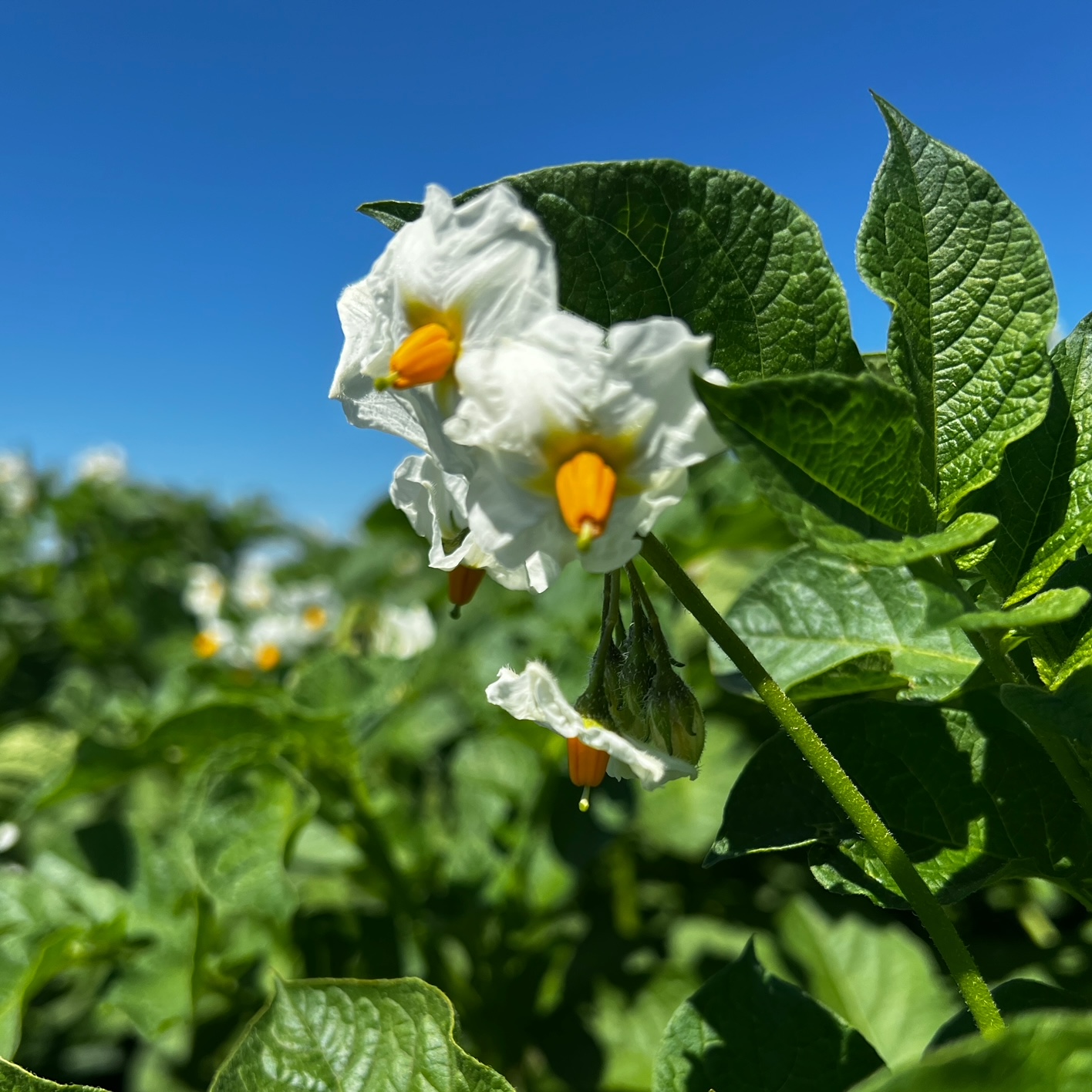
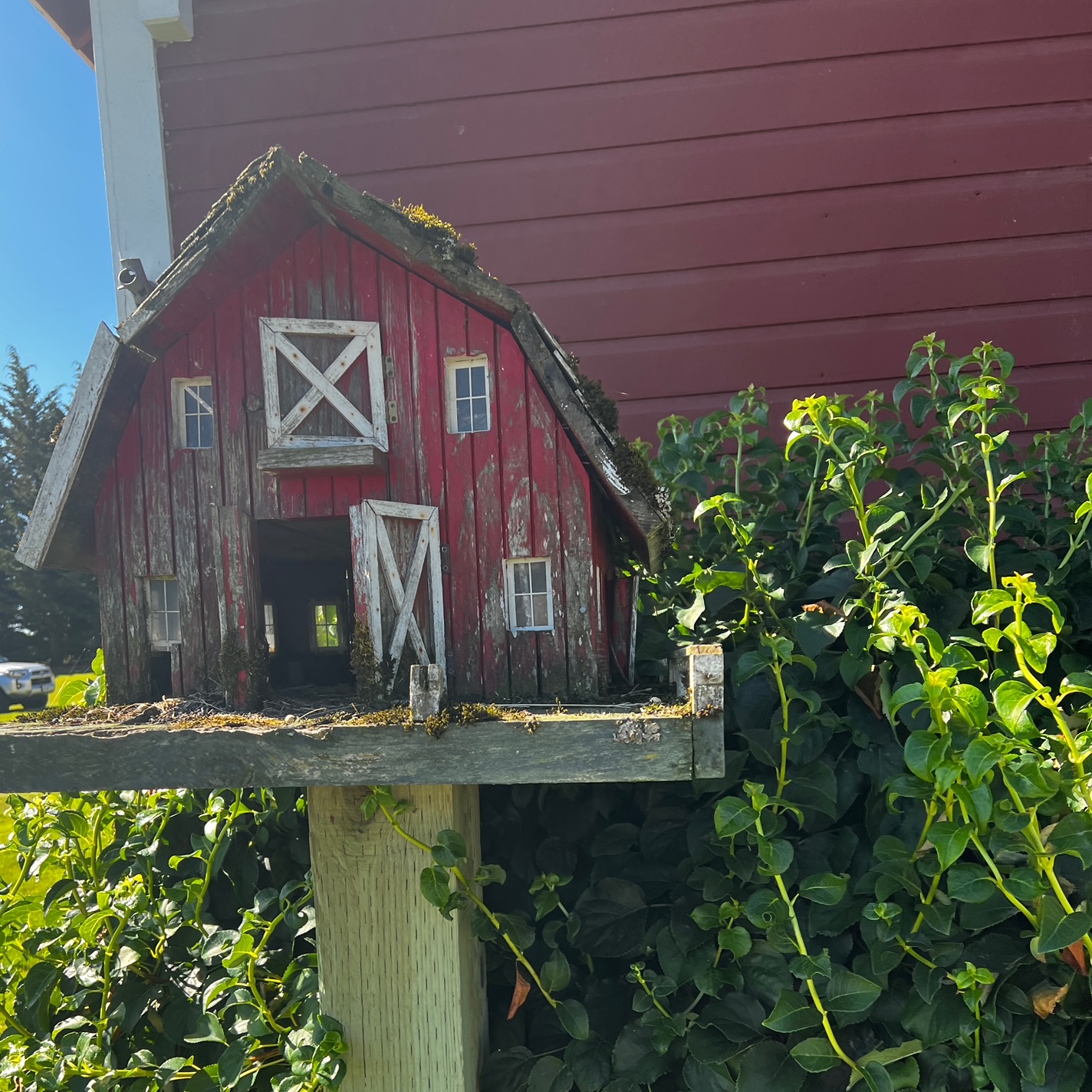
He showed us barley and wheat in fields where potatoes had been planted in prior years but needed a different crop in rotation to make sure the soil kept its nutrients. We were able to see an indoor area on his farm where potatoes would be stored after they were harvested using a technique from Europe to help them last. We also learned about a new technology he was trying where potatoes could be scanned with cameras while they went along a conveyor belt to check for any blemishes. I realized then that I never spent much time thinking about how much care goes into growing one potato. And thousands of pounds of potatoes are produced on Michael's farm.
When we regrouped back on the Knutzen farm after our tour to chat with the local potato growers at a roundtable and ask them all our potato questions, we also learned how incredible multigenerational farming is for the world. This kind of farming is based on long history and plans for the future-nothing is thrown together haphazardly because so much depends on how these crops all grow and multigenerational farms have kept records for years and years to ensure they continue to become more efficient and productive. The coolest thing I learned about multigenerational farming is that it really demonstrates how much effort and thoughtfulness goes into the food we eat. Potatoes we see on our tables in our homes don't just get there by accident. There is so much science, planning, labor and even hope. By talking to the growers, we learned that sometimes floods and droughts make it so that whole crops might be spoiled and unable to be sold.
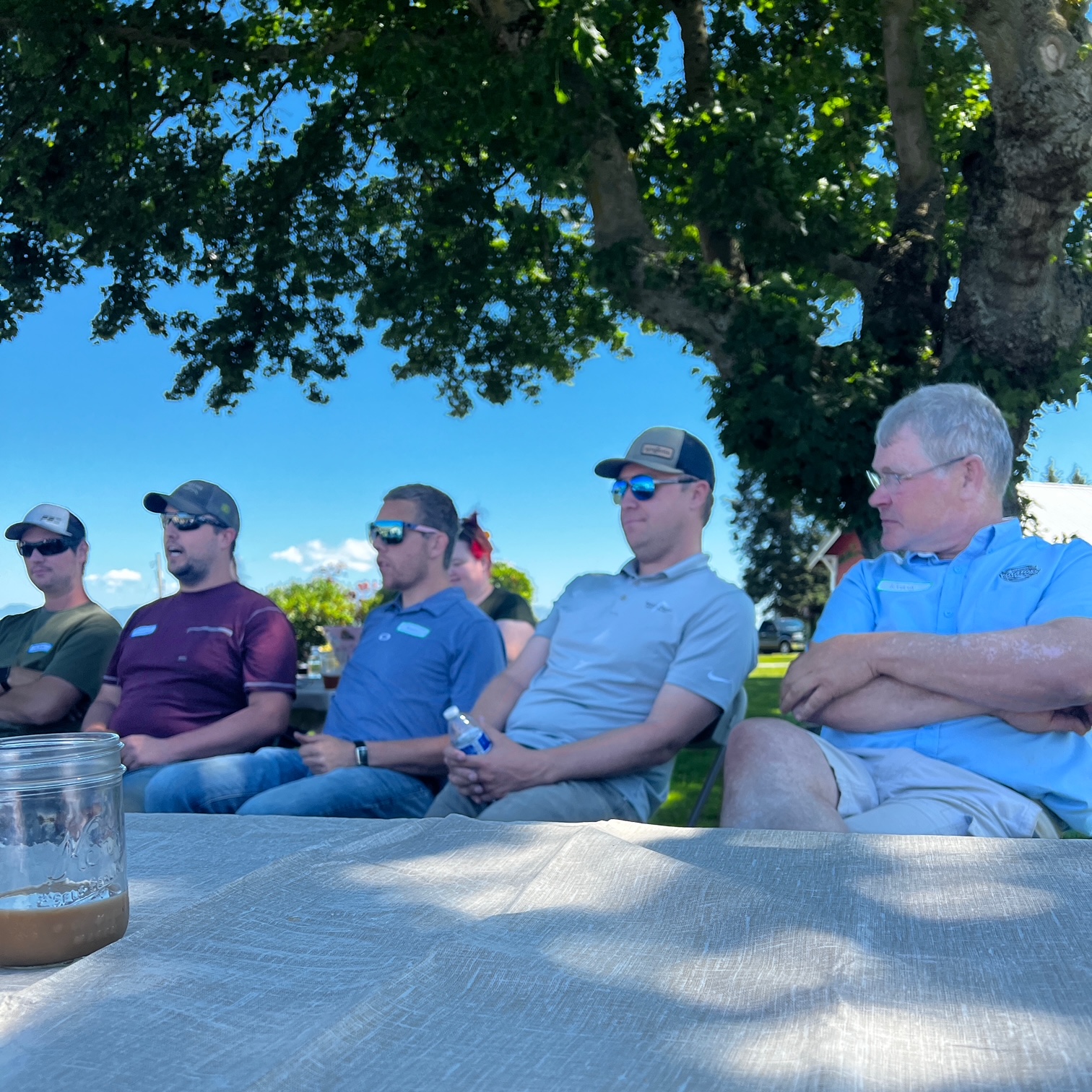
We also learned about how multigenerational farming creates communities in a region that help each other out, and just watching these growers interact and chat candidly with one another it was evident that there are deep roots of camaraderie and mutual respect. Even though they are all creating a similar product in the same market they help each other out. If someone has extra potatoes and someone needs more to fulfill a contract, they call each other. If someone loses a crop, they band together in support. They communicate and they check in. They still drive over and knock on each others' doors. And after the day was over and I drove home past the fields of wispy white and purple flowers that I now knew were potato crops, I realized I not only learned about potatoes in the area but I learned about humanity and community and where we might all find inspiration to help each other thrive and grow.
